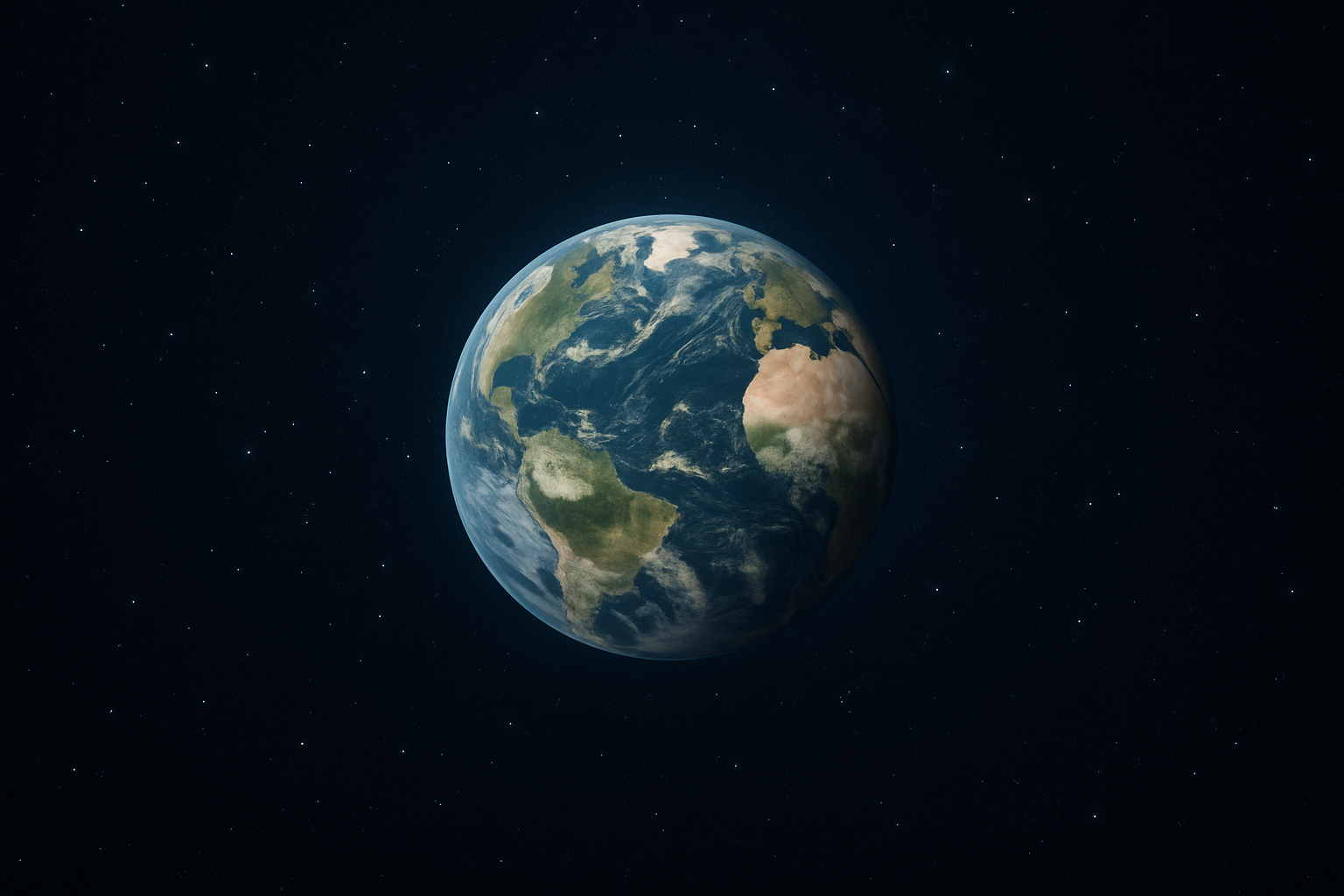Imagine tweaking a dial on the cosmic control panel—just a fraction to the left or right. A little more gravity, a slightly stronger nuclear force, a marginally different rate of cosmic expansion. In nearly every case, that small adjustment would have meant no galaxies, no stars, no planets—and no us.
That’s the startling reality uncovered by decades of research in cosmology and physics: the universe’s fundamental constants appear to be shockingly precise. The numbers that govern reality are so delicately balanced that even the smallest shift would erase the possibility of life. This strange fact has been called the fine-tuning problem, and it remains one of the greatest puzzles in science.
What Do We Mean by “Fine-Tuning”?
When scientists talk about fine-tuning, they’re not suggesting someone literally tuned the universe like a piano. Instead, they’re referring to the remarkable way physical constants fall within an incredibly narrow life-permitting range.
Take gravity, for example. If it were just a touch weaker, matter would never have clumped into galaxies and stars. If it were slightly stronger, stars would burn too hot and too fast, exhausting themselves long before planets or life had the chance to form.
Or consider the strong nuclear force—the glue that binds atomic nuclei. Too weak, and atoms as we know them couldn’t exist. Too strong, and stars would never forge the heavier elements needed for life.
Even the universe’s rate of expansion is precarious. After the Big Bang, if the cosmos had expanded more quickly, matter would have thinned out too much to form galaxies. If expansion were slower, the universe might have collapsed back in on itself before life had a chance.
The fact that all these values fall into the “just right” zone is nothing short of astonishing.
Why Is the Universe So Perfectly Balanced?
This is the million-dollar question. Physicists and philosophers have proposed a range of ideas, from the natural to the speculative to the profound.
1. The Multiverse Hypothesis
One explanation is that our universe isn’t unique. Instead, it might be one of countless universes in a grand “multiverse.” Each universe could have different physical constants. Most of them would be sterile, lifeless voids. We simply find ourselves in the rare one where the conditions allow life—because where else could we be?
2. The Anthropic Principle
The anthropic principle takes a more philosophical approach. It argues that of course we observe a universe that supports life, because if it didn’t, there’d be no one here to notice. This idea doesn’t solve the mystery, but it reframes it: our existence is a kind of selection effect.
3. Cosmological Natural Selection
Some thinkers have speculated that universes might “evolve.” In this picture, universes that are better at producing black holes also generate more offspring universes. Since black holes form from stars, this process might indirectly favor universes that allow for the complex conditions needed for life. It’s a bold attempt to bring Darwinian logic into cosmology.
4. Mathematical Necessity
Another possibility is that there’s no wiggle room at all. Perhaps only a universe with our exact physical laws is mathematically possible. In that case, fine-tuning isn’t a cosmic coincidence—it’s the only option.
5. Purposeful Design
Finally, some interpret fine-tuning as a sign of intent. The elegance and balance of the universe might not be an accident at all but a reflection of purposeful creation. While not a scientific hypothesis in the strict sense, this idea resonates with many who see meaning in the universe’s unlikely precision.
What We Still Don’t Know
The frustrating—and fascinating—thing about fine-tuning is that none of these explanations can be proven. At least not yet. Evidence for a multiverse remains elusive, the anthropic principle feels more like philosophy than physics, and deeper mathematical proofs may be centuries away.
But the fine-tuning problem pushes us to confront questions that go beyond equations. Why is there something rather than nothing? Why does the universe allow complexity, consciousness, and life at all?
Living in a Goldilocks Universe
What’s clear is that we inhabit a Goldilocks universe—not too hot, not too cold, but just right. Whether this balance is an accident, a necessity, or something more, it invites us to reflect on our fragile place in the cosmos.
Every star in the night sky, every atom in our bodies, and every thought in our minds depends on the delicate harmony of physics. And perhaps that’s the greatest wonder of all: that against overwhelming odds, the universe turned out to be a place where life could bloom—and where beings like us could ask these questions in the first place.
What do you think? Is fine-tuning a clue that we live in a multiverse, the result of pure chance, or evidence of deeper design? Share your thoughts in the comments below.
